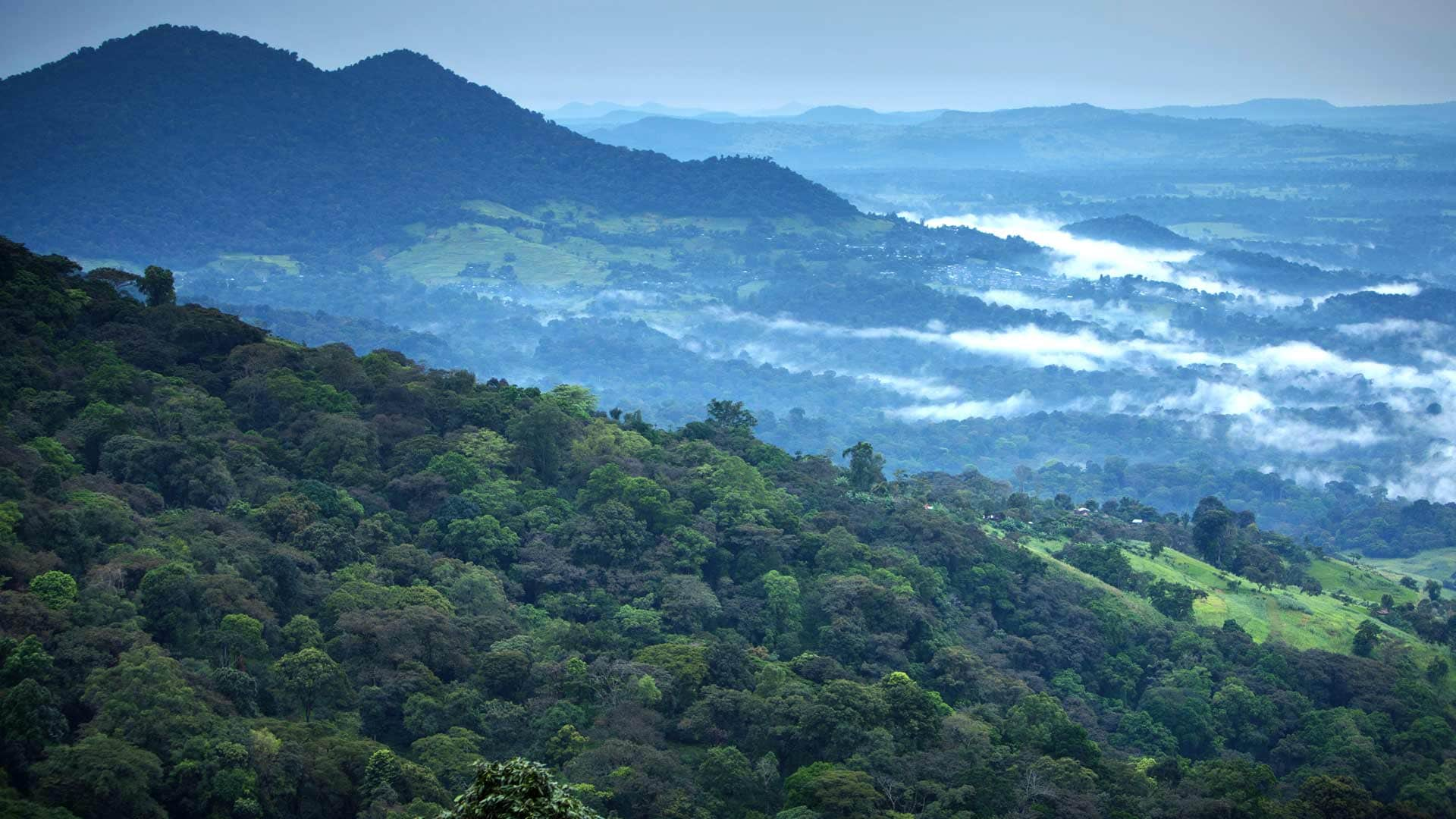
NTFP-PFM
Introduction
The NTFP-PFM Research and Development Project (1&2) in southwest Ethiopia was a collaborative venture of three partners: University of Huddersfield (UoH), Ethio-Wetlands and Natural Resources Association (ENWRA) and Sustainable Livelihood Action (SLA). They worked with the regional government and with Jimma University. Phase 1 (2003-2007) was developed during 2002 in view of the identified potential key role for NTFPs to play in forest management and protection. Phase 2 (2007-2013) was developed to apply the lessons from the first phase and explore other aspects of sustainable forest management, especially Participatory Forest Management (PFM). This second phase sought to scale-up the experiences to date, especially with PFM and forest enterprise development, in order to widen forest protection and sustainable natural resources use through local CBOs. The project had two centres for its work - in Mizan Teferi and in Masha - and had a team of specialists and woreda (district) facilitators, along with support staff.
Project area
The project was located in the highlands of southwest Ethiopia, some 600km from Addis Ababa. These highlands cover a large altitudinal range going from below 800m to over 2400m. There is considerable diversity in the vegetation in this area, with palm woodland at the lowest level, through broad-leafed deciduous forest for most of the area, and reaching high altitude bamboo forest at the highest. The mid altitude forest between 900 and 1800m includes patches of wild coffee in the understorey and some of this forest has been thinned specifically to enhance coffee production. Agricultural expansion is a major cause of forest loss in this area, with small-scale farmers and estates the cause of forest clearance.
NTFPs and Forest Products
Forests support a wide range of useful products, other than timber. In southwest Ethiopia these non-timber forest products include:
- Honey
- Coffee
- Spices and food supplements
- Medicinal plants
- Climbers
- Bamboo
- Craft materials
In total over 300 different NTFPs have been identified by the project. Most of these are only used locally, but some have regional and even international markets. Wild coffee is especially important in this area as this is the genetic hearth for Arabica coffee, i.e. where the crop was first domesticated. The genetic diversity amongst the wild coffee plants is especially great, and this makes the conservation of wild coffee globally important. Timber, firewood and tree ferns (for building) are also valuable products which communities use and can be sold where legally allowed.
Project Activities
The key activities all involved the development of local capacity, amongst government staff and communities.
Project Design
Find out more about the design of our NTFP-PFM project
Project Achievements
Find out more about the achievments of our NTFP-PFM project
Project Funders
The Non-Timber Forest Products - Participatory Forest Management was funded by the EU, The Netherlands Embassy and HOAREC
Partners
The NTFP-PFM Project was implemented jointly by the University of Huddersfield (UOH), the (EWNRA) and (SLA).
Publications and Outputs
We have produced several publiactions realting to our NTFP-PFM project